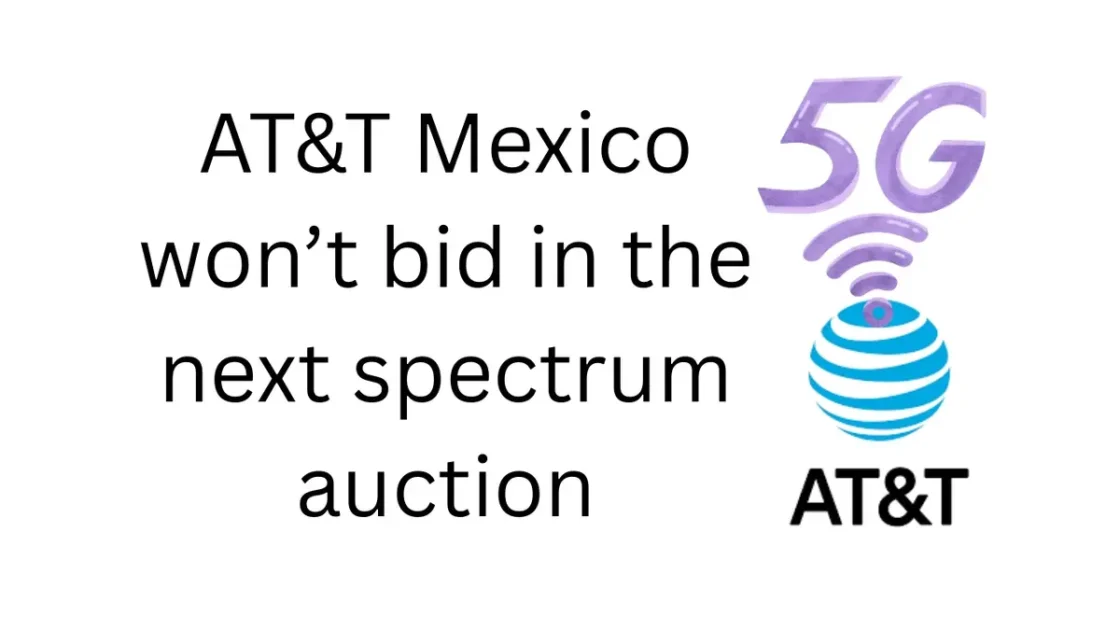Mexico City — September 2025: In a shocking twist for Mexico’s telecom industry, AT&T Mexico has signaled it will likely skip the country’s next spectrum auction. The reason? Sky-high spectrum usage fees that the company says are not only unsustainable, but downright unfair compared to global standards.

This decision could derail Mexico’s 5G rollout plans and strengthen the grip of Telcel, the market leader under América Móvil. The stakes are massive — and the fallout could affect millions of Mexican mobile users.
Why AT&T Is Saying “No Thanks”
- Spectrum is the invisible highway that carries all mobile data. Without it, carriers can’t expand networks or improve service.
- AT&T Mexico argues that annual usage fees are among the highest in the world, making it impossible to justify new investments.
- CEO Mónica Aspe has gone on record blasting the government’s auction model: spectrum is sliced into small, inefficient local blocks and priced way beyond what the Mexican market can support.
“As long as these conditions remain, we simply cannot compete fairly,” Aspe warned earlier this year.
Why This Matters for Consumers
- Fewer Bidders = Less Competition: If AT&T and Telefónica continue to step back, Telcel could dominate spectrum acquisitions — further cementing its hold over the market.
- Slower 5G Rollout: The last auction in 2021 was already a disaster, with only 3 out of 41 blocks sold. Another weak showing could delay 5G coverage in rural and underserved areas.
- Higher Costs, Lower Quality: With limited competition, consumers may face slower speeds, fewer options, and potentially higher prices.
Global Pressure Is Building
The controversy isn’t just local. U.S. trade representatives and global telecom analysts are pressuring Mexico to slash fees and make auctions more attractive. Critics argue that the current fee structure acts as a trade barrier and scares away much-needed foreign investment.
Still, Mexican regulators remain firm. A new spectrum auction is legally required by January 2026, but insiders say unless major reforms are made, participation could once again be dismal.
Read Also: Nina Dobrev & Shaun White: The Truth Behind Hollywood’s Cutest Power Couple in 2025
What Happens Next?
- The government is floating discounts for operators investing in underserved regions — but it’s unclear if this will be enough to lure AT&T back.
- If AT&T officially bows out, Telcel may scoop up whatever spectrum is affordable, tightening its monopoly grip.
- Meanwhile, millions of Mexicans could be left waiting for faster 5G speeds and fairer prices.
Bottom Line
AT&T Mexico’s stance isn’t just corporate posturing — it’s a warning sign for the entire telecom sector. Without changes to Mexico’s spectrum fee model, the country risks:
- Slower 5G adoption
- Reduced competition
- Frustrated consumers
With billions at stake and the future of Mexico’s digital connectivity hanging in the balance, all eyes are now on regulators. Will they adjust the rules before it’s too late? Or will Telcel continue to dominate unchallenged?


